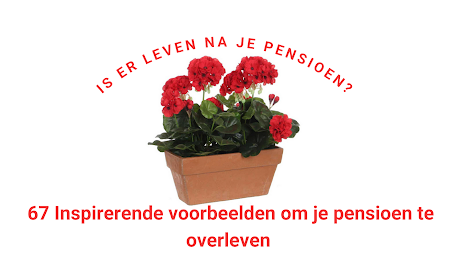Susanne. From Surviving to Helping.
Susanne and I share a special story. We met years ago in Amsterdam. Susanne asked for my help as an Amsterdammer with children of my own, in her search for a better future, not only for herself, but especially for her seven children. She wanted to find a safe place in the Netherlands where her children could grow up. A place where they could play outside, cycle to school and lead a normal, carefree life. The kind of life they did not have at that time.
What I did not know then was that Susanne lived in a small apartment in New York, locked in a suffocating relationship with her violent husband. If I had known that she lived in difficult and dangerous circumstances in New York, I might have made more of an effort.
The Reality in New York
Susanne's life in that small apartment in New York was anything but easy. Her husband abused her, both physically and emotionally, and she often felt trapped in a situation from which escape seemed impossible. But despite those dark times, she kept her children close, gave them love, safety and support. I didn’t know all this until one day I was in the cinema watching The Wolfpack and realised that the documentary was about Susanne and her children!
The documentary tells the remarkable story of how Susanne and her children lived in virtual isolation in their New York apartment for years. Her children found a unique outlet in watching films and acting out scenes, a way to escape the harsh reality. The documentary showed how Susanne, despite everything she went through, remained a safe haven for her children. She protected them as much as possible from the chaos of the outside world and was determined to raise them with love, despite the circumstances.
The Power of Brain Reprogramming
Years later, I decided to contact Susanne again. Part of me still felt guilty. Could I have done more for her? But when we spoke again, she assured me that she didn’t blame me.
But Susanne’s story doesn’t end there. What I didn't know was that she had found a way to transform her own pain and trauma, as a victim of domestic violence, into something powerful. She does this in her practice as a hypnotherapist, but also in lectures and workshops. She helps people not only to face their traumas, but also to 'reprogram' their brains, as it were.
Susanne believes that you don't have to remain trapped in your traumas forever. She helps people to break the connection between traumatic events and the automatic fear reactions that follow. The idea is simple but powerful: when an event triggers your old trauma, it doesn't have to mean that you always react in the same way. With her guidance, people learn how to train their brains to react differently, to no longer be stuck in that vicious circle of fear, pain and powerlessness.
Awareness in the Documentary World
But her mission doesn't stop at guiding people with trauma. As a freelancer, she can continue to do her work even after her retirement, but she has also recently started to create awareness in the world of documentary filmmakers. After the release of The Wolfpack, she realized that participants in documentaries, especially those who are dealing with trauma, are often not treated well.
She says: “Charlotte, documentary filmmakers often have no idea what it means to go through a traumatic event. They don’t understand how vulnerable their subject can be, and how reliving that trauma, while filming, can be harmful.”
Susanne has created a platform to inform and educate filmmakers on how to deal with their subjects in a respectful way. She advocates that documentary filmmakers make agreements about how to deal with their vulnerable subjects from the start. Her mission is to ensure that people are not only used for a good storyline, but that they are also truly heard, seen and supported.
Susanne shares her insights and experiences at universities, film festivals and conferences. She talks to filmmakers about the importance of guidance during the making of a documentary. This is not only important for the film itself, but especially for the people behind the story – people who often relive the pain for the sake of the film.
How Strength Grows from Pain
What touches me most about Susanne is her indestructible strength. She has turned her own experiences into a powerful tool to help others. As she says herself: “The stronger and more outspoken I become, the better I can help others.”
www.susannereisenbichler.com




Reacties
Een reactie posten